China top export destination for semiconductor equipment firms of island country
Japan will impede the development of its own chip industry by aligning trade rules with the United States' strategy of curbing China's ability to make advanced semiconductors, experts said.
Pointing out that being Washington's pawn will only harm Tokyo, they said Japan's export controls on 23 types of crucial chipmaking equipment, beginning in July, will motivate Chinese companies to invest greater resources for breakthroughs in critical technologies.
They said the curbs are needlessly broad and the scope of control far exceeds the internationally accepted list of restricted items. This will weigh heavily on Japanese companies, they said.
The move will undermine the normal economic and trade order, and cause shocks to industrial development, said Zhang Wei, vice-president of the Chinese Academy of International Trade and Economic Cooperation.
The restricted equipment includes essential tools for producing semiconductor chips, such as lithography machines, chemical vapor deposition equipment and etching machines, she said. Due to the wide application of semiconductor chips, these restrictive measures will have a profound impact on the development of the semiconductor industry in China and Japan, she added.
"Cooperation on semiconductors is one of the most representative examples of mutual benefits from Sino-Japanese economic and trade ties," Zhang said.
The Chinese mainland is the largest export destination for Japanese semiconductor equipment manufacturers, with such exports reaching 820 billion yen ($5.7 billion) last year, exceeding 30 percent of Japan's total chipmaking equipment exports, and almost double the value of U.S. exports in the same sector to China, data from the Chinese Academy of International Trade and Economic Cooperation showed.
"The Chinese mainland market accounts for about 20 to 30 percent of the overall sales revenue of Japanese chip equipment makers. The restrictions will cause huge losses for them," Zhang said.
Takamoto Suzuki, who heads economic research at Japanese trading and investment conglomerate Marubeni, said Japanese chipmakers depend heavily on exports as the domestic chip market is not robust.
"This situation could impede the progress of the Japanese industry and ultimately diminish its competitiveness," Suzuki said.
Wide impact
The impact is already evident. Tokyo Electron, which derived about 26 percent of its total net sales from the Chinese mainland in 2022, is anticipating annual revenue to fall 23 percent from a year earlier to 1.7 trillion yen.
Tu Xinquan, dean of the China Institute for World Trade Organization Studies at the University of International Business and Economics in Beijing, said although the Japanese government denied that the move was at the behest of the U.S. and did not specify if the restrictions only targeted China, it was obvious that "Japan has chosen the U.S. in the China-U.S. chip competition, which is undoubtedly wrongheaded."
He said export restrictions — often citing national security concerns — are essentially a trade measure subject to the constraints of, and governed by, World Trade Organization rules, and these should never be an instrument of competition.
There is only one area — arms sales — where export controls are commonplace, and their exports are strictly controlled and only allowed between countries with high levels of mutual trust, Tu said.
"The chip manufacturing equipment that Japan exports to China now is not in any way related to national security," Tu said. "This is a purely commercial activity as part of global production and trade."
The close economic and trade ties between China and Japan indicate that there is no state of emergency in terms of international relations, and there is no reason why Japan should invoke national security exceptions to execute its export control measures, Tu added.
In fact, nervous about its declining heft in world affairs, the U.S. has in recent years expanded export controls on high-tech products to China and regarded it as the most critical tool to maintain hegemony.
The U.S. has not only intensified its own export controls on China, but also coerced its allies to do the same. These U.S.-dominated export controls have gone beyond the military to include most of its leading technologies, Tu said.
China last year brought the case to the dispute settlement mechanism of the WTO regarding the export control measures imposed by the U.S. on chips exported to the country, Tu added.
Wei Shaojun, a professor at the school of integrated circuits at Tsinghua University, said Japan is a semiconductor powerhouse that plays an important role in the global market.
Since the 1980s, its semiconductor industry has been suppressed by the U.S. and it has gradually shrunk since then, Wei said.
Meanwhile, China's semiconductor industry is on the rise, with over $10 billion spent on purchasing Japanese equipment and materials annually, Wei added.
"This is not an easy number to ignore for anyone. In the past year, sales of U.S. semiconductor equipment companies in the Chinese market have been constrained by the U.S. government and have suffered heavy losses," he said.
If Japan restricts its exports of advanced semiconductor equipment to China, its companies are bound to suffer greatly, said Wei.
"The Japanese government must learn from the past seriously, and carefully and thoroughly consider the implications of any new export restrictions," Wei added.
China, the world's largest chip market, consumes more than 50 percent of all semiconductors in the world, which are then assembled into tech products to be re-exported or sold in the domestic market for final consumption, according to market research company Daxue Consulting.
"Access to this massive market is essential to the success of any globally competitive chip firm today and in the future," said the Semiconductor Industry Association, a Washington-based group that represents the U.S. semiconductor industry.
Song Lei, a professor at the School of Government at Peking University, said Japan's latest move will accelerate the development of China's homegrown chip industry, as not all of the equipment restricted by Japan is beyond the production capabilities of Chinese companies.
China's output in this field may be relatively low or its product quality may be relatively poor, but the tightening of export controls may push Chinese companies to catch up with their Japanese counterparts, Song said.
"The long-term impact of Japan's export restrictions depends on both China's efforts and the possibility of policy adjustment. Over the long term, whether Japan will strictly enforce these restrictions remains to be seen," he said.
Japan is willing to endure losses in order to follow the U.S. in restricting the export of cutting-edge chip manufacturing equipment. "This actually reflects a trend where political logic overrides economic logic," Song said.
Chen Xiang, an associate research fellow with the Institute of Japanese Studies at the Chinese Academy of Social Sciences, said Japan has abandoned its strategy of balanced diplomacy since the Cold War and aligned itself with the U.S..The implementation of semiconductor export restrictions will damage Sino-Japanese relations.
Experts have warned that Japan — as an Asian nation — must realize that serving as a chess piece in the U.S.' global and regional playbook will result in grave consequences.








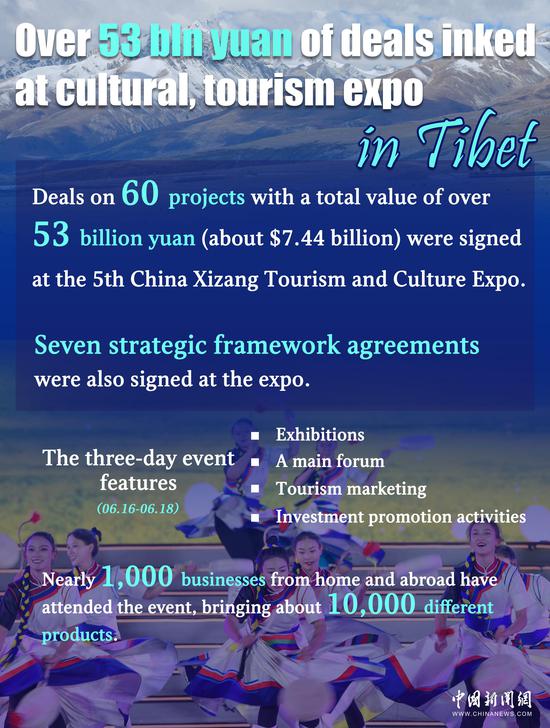





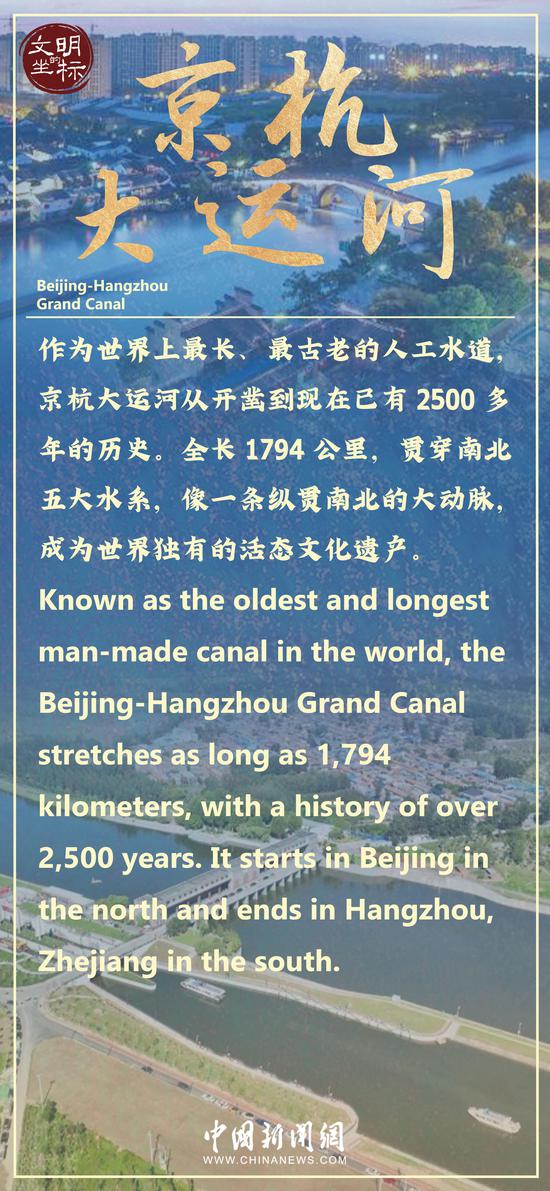




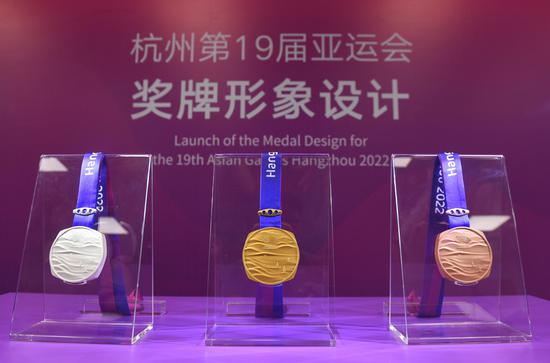




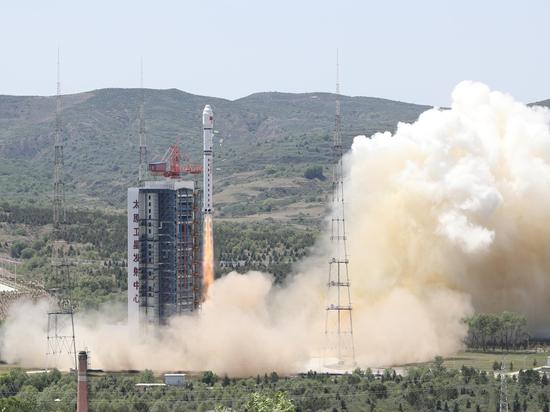


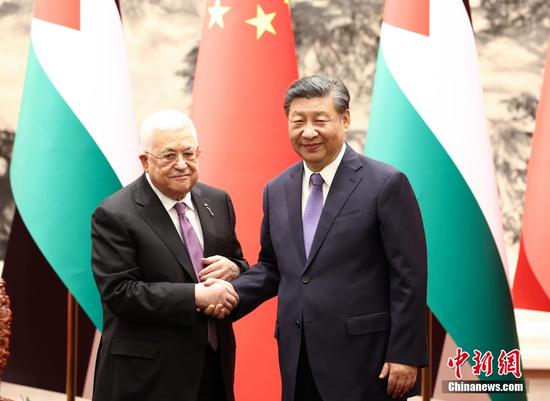
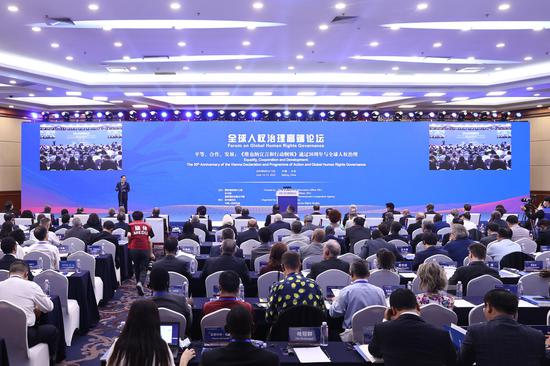

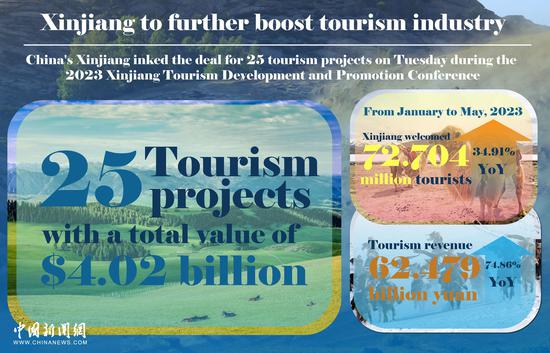
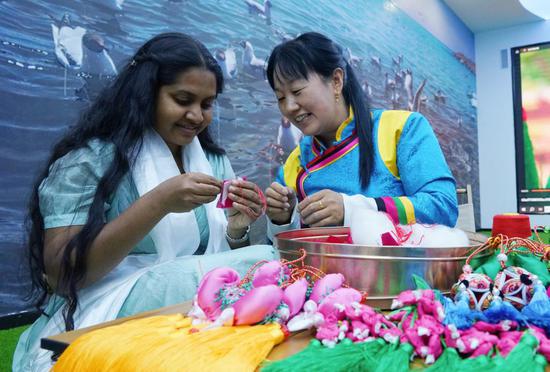

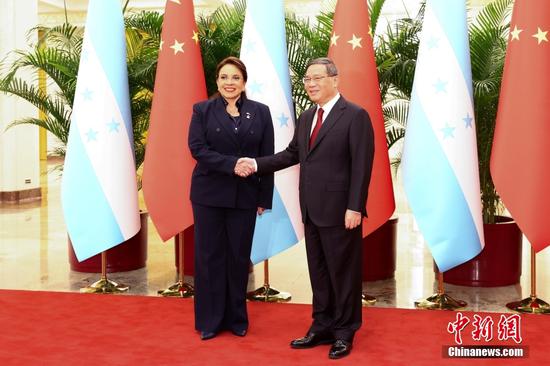


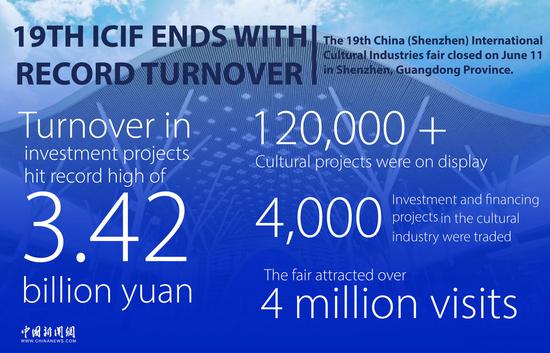

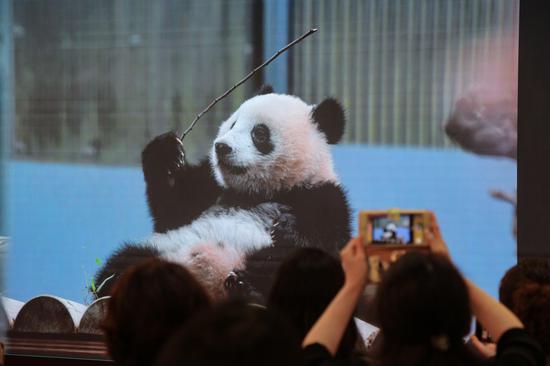




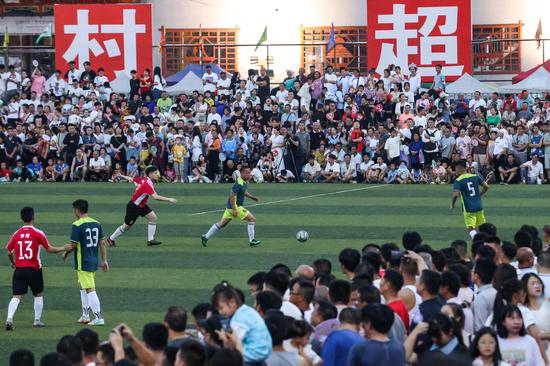
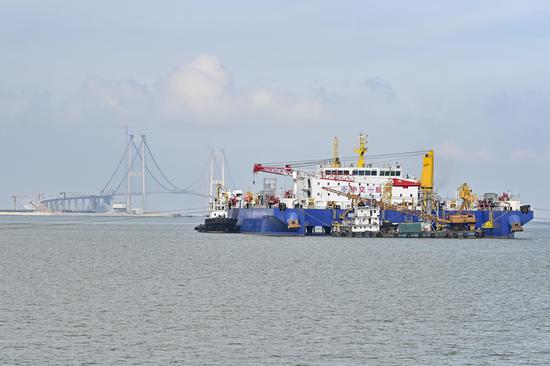

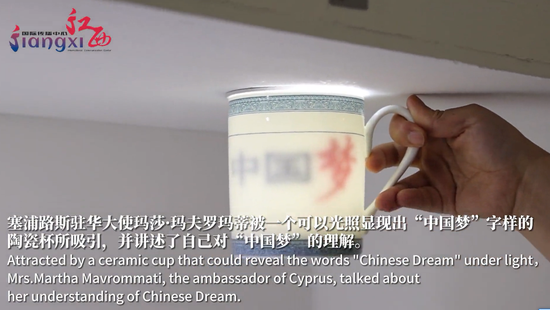



 京公网安备 11010202009201号
京公网安备 11010202009201号